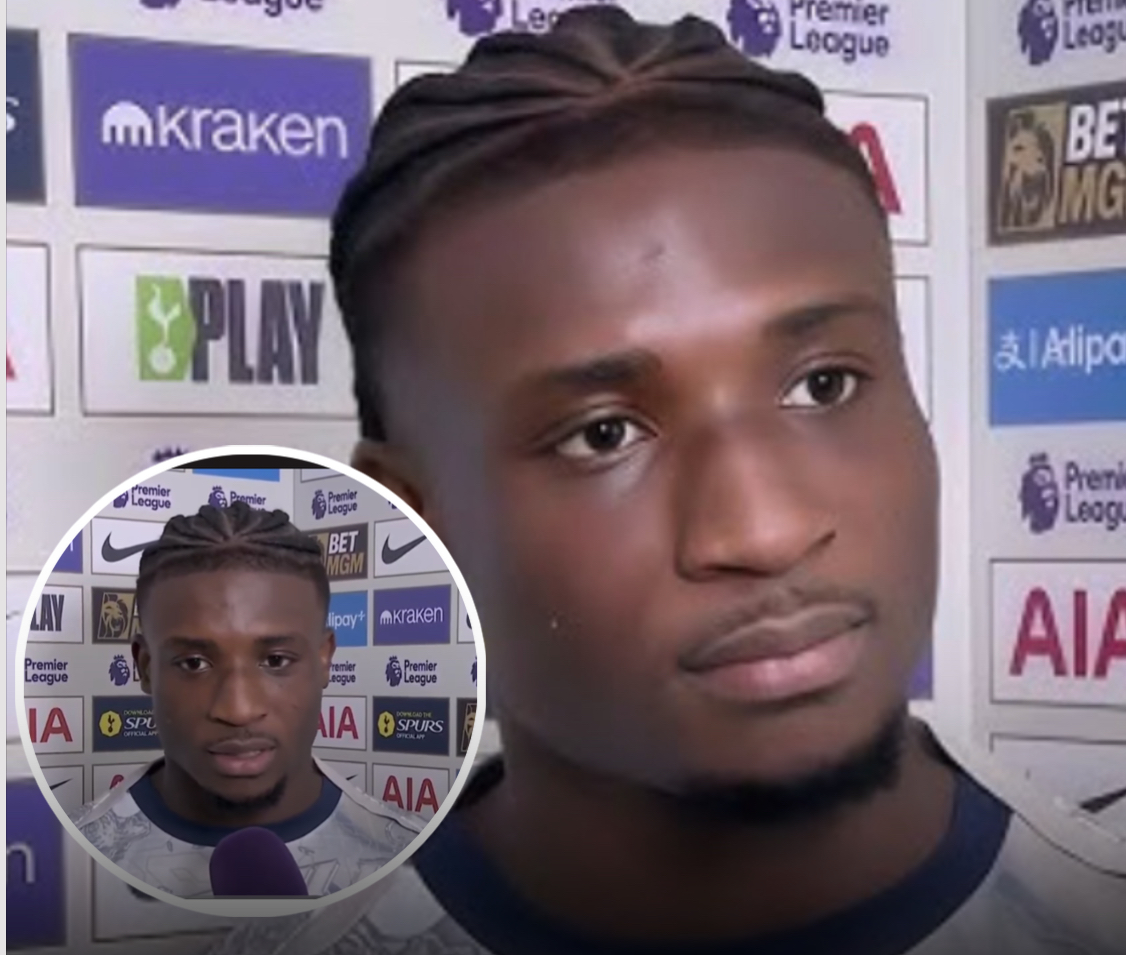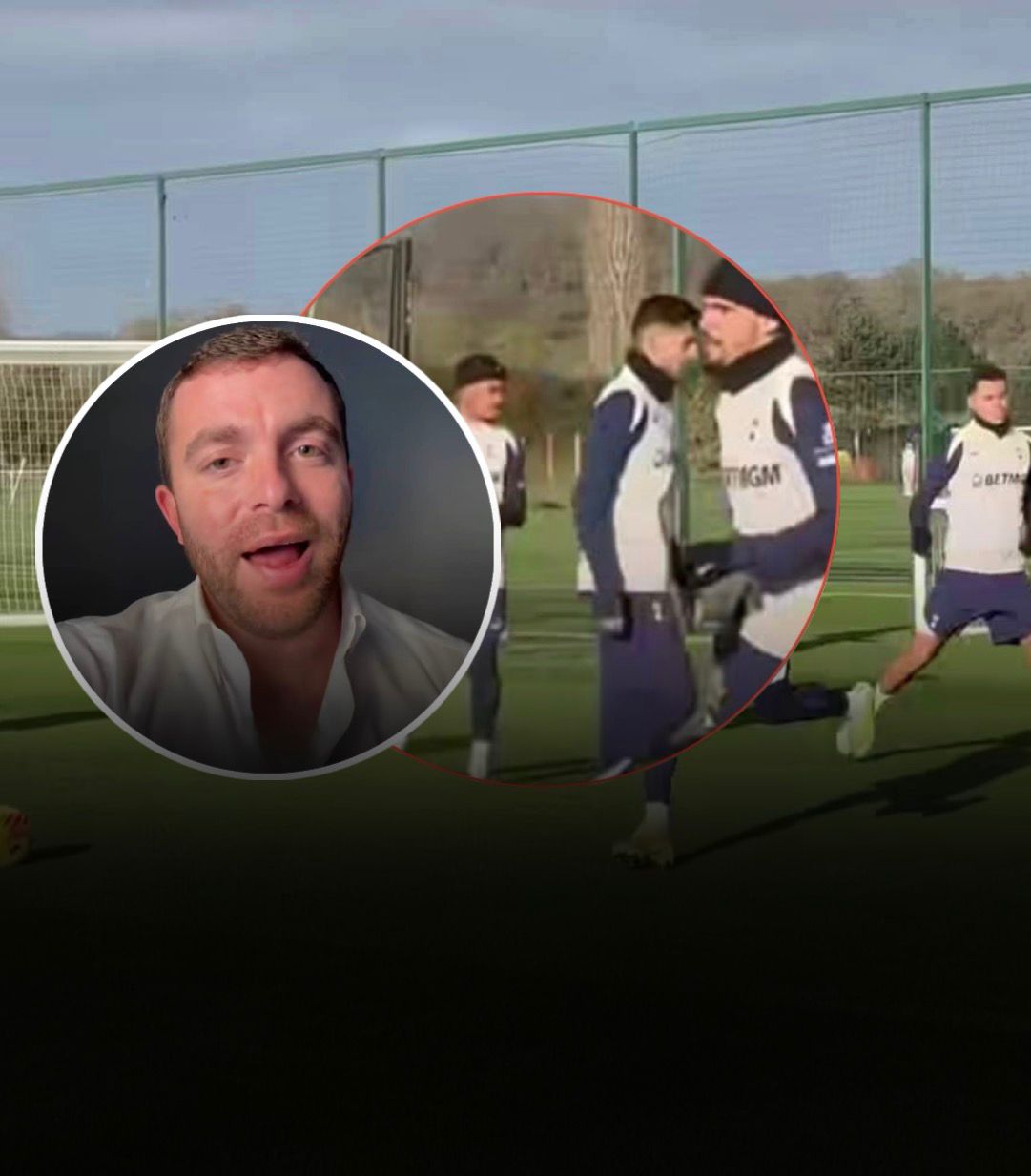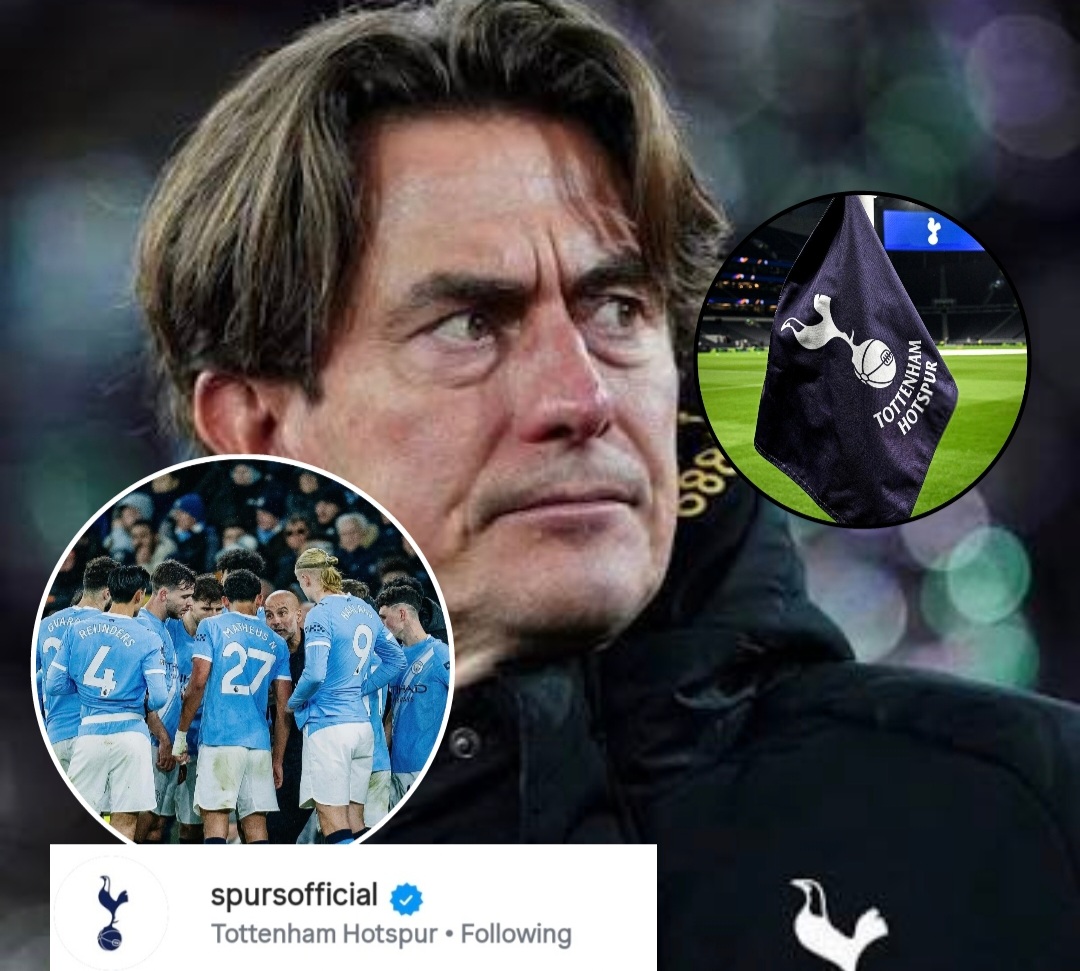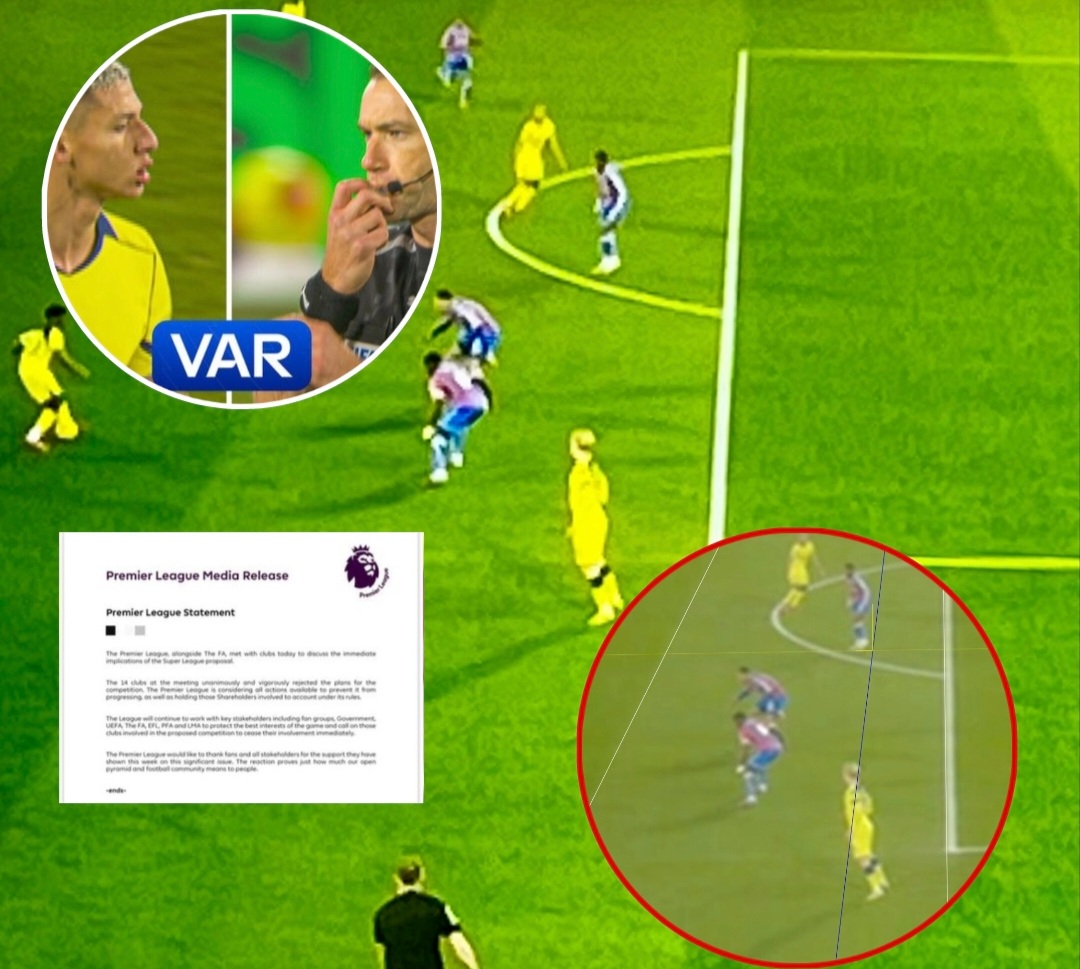MOHAMMAD KUDUS TAKES DIG AT TWO TEAMMATES AFTER CHELSEA DEFEAT, HE SAID IT AS IT IS DURING POST MATCH INTERVIEW
After the final whistle, the player was asked what went wrong. Rather than offering the usual collective “we didn’t do enough” or “we’ll bounce back,” he pointed to specific areas where, in his view, teammates failed to match expectations. He spoke of the need for sharper movement off the ball, better support in transition, and an unwavering awareness when the team shifts from attack into defence. His tone conveyed a frustration that the encouraging signs of prior weeks were not sustained — and that individual responsibility was part of the problem.
At one point he remarked, “When we lose by a single goal, you can’t hide behind the team. Everyone’s got to do their job — and in the moments where we didn’t, we paid the price.” It was an unusually pointed statement, delivered with more edge than we typically hear in post-game Player A interviews. He added that on multiple occasions he saw “gaps opened too easily” and “decisions made as though someone else will cover me” — implicitly chiding others for expecting the system to compensate for personal shortfalls.
The target of the critique
By now you might have guessed the speaker is Mohammed Kudus, the Ghanaian attacker. He went on to name two of his teammates whose performances didn’t satisfy him. First he mentioned Randal Kolo Muani, saying that when the team loses possession, there were occasions where Muani “didn’t offer the extra movement” to help get the ball back — and that, in a high-intensity league and against a side like Chelsea, those faint signs become full-blown problems. He then referenced Xavi Simons, accusing him of “trying to do too much individually” at a time when the team needed simple, effective play. According to Kudus, Simons had “slipped into patterns of flair when what was required was discipline.”
Why these comments matter
Kudus’s remarks carry weight for several reasons:
- Leadership – When a forward or creative player issues public critique, it signals that he views himself not just as a contributor but someone who holds others to standards. That takes conviction — especially in a game where vanity and ego often hide under “we’ll bounce back”.
- Internal pressure – The comments reflect the kind of internal pressure that builds in ambitious squads. To beat Chelsea (or at least compete closely) you need all cogs turning. If even one or two fall short, you suffer. By naming individuals, Kudus communicates that everyone must raise their game — not only for the team but because “I’m going to call out the slack.”
- Team dynamics – From a management perspective, these public words could help or hurt. On one hand, they may spark a wake-up call; on the other, they might stir controversy if the targeted players feel singled out. The balance will depend on how the squad and coaching staff handle the fallout.
- Match context – Losing 1-0 to a top-level opponent is often decided by small margins: a missed tackle, a mistimed run, a moment’s lack of pressing intensity. Kudus seems to believe the defeat was more than “just bad day at the office” — it was avoidable with better personal discipline and movement.
Match snapshot
In the loss, the team created a handful of chances but lacked penetration and fluidity. The opponent dominated possession in the final third for stretches, and on several transitions the attacking side looked vulnerable. For instance:
- A period just after half-time when the opponent forced a corner through a rapid counter, and the team appeared momentarily disorganised.
- Several times when the attacker on the flank had time and space because the tracking back was absent — something Kudus implicitly referenced.
- A pressing trap that clicked only rarely. Instead of sustained pressure, the defensive shape unravelled twice in quick succession, forcing the goalkeeper into reactive mode rather than proactive.
Kudus’s comments suggest he believes those incidents weren’t flukes or isolated; they were symptoms of underlying lapses in roles.
Broader implications
When a player of Kudus’s calibre speaks out like this, it tends to have ripple effects. Here are some likely outcomes:
- Motivation boost for the named players: Both Kolo Muani and Xavi Simons will feel the need to respond, not just for themselves but in front of their teammate/peer who called them out. That could sharpen training intensity and match focus.
- Internal discussion: The coaching staff will likely convene a squad meeting to ensure unity isn’t eroded. They’ll emphasise the difference between “constructive internal accountability” and “public finger-pointing,” ensuring messages remain aligned.
- Narrative shift: Media and supporters will now frame forthcoming performances through the lens of Kudus’s comments. If either of the two named players underperform again, scrutiny will be heavier — and if they bounce back, his words will be seen as prophetic.
- Team culture: This moment may reflect a transitional phase in the club’s culture – moving from reliance on individual brilliance to demanding consistent teamwork, movement, pressing, tracking and collective burden-sharing.
Why they were called out
Let’s analyse why those two in particular may have been mentioned:
- Randal Kolo Muani: As a forward or wide attacker, his role often demands both finishing threats and defensive work when necessary (pressing, tracking back, supporting full-backs). If those defensive contributions drop, the team becomes exposed. Kudus’s claim that Muani “didn’t offer extra movement” suggests the forward may have stalled in his work rate or positional awareness in moments of transition.
- Xavi Simons: His technical ability is well known; he brings dribbling, vision and attacking impetus. But if that comes at the cost of team structure — e.g., drifting out of position, delaying passing, bypassing supporting runs — then the attack can become disconnected from midfield and defence. Kudus’s criticism about “doing too much individually” implies that Simons may have over-elaborated when simpler, cleaner link-play was required.
The responsibility of a high-level squad
At this level, particularly when you aspire to challenge for titles or European places, the margin between winning and losing is razor thin. A team must operate as a cohesive unit, each player recognising the collective over the individual moment. When one man doesn’t press, another fails to support a run, or someone drifts away instead of staying compact — the opposition will strike.
Kudus’s remarks centre on this principle: whether you’re a star or a support player, the basic work must be done first. He made it clear that flair and attacking skill matter, but without the discipline of movement and team structure, you’ll still come up short against teams like Chelsea.
What comes next
Now the spotlight is on the club, the coaching staff, and the players themselves. Key questions include:
- Will the two players respond in training and in the next match with visibly improved discipline?
- Will the coach back up the internal accountability by emphasizing shared standards rather than singling out stars again publicly?
- Can the rest of the squad view this as a collective opportunity — not letting the team carry blame but rather raising each other up?
- And importantly: will this spark better results or deepen internal tension if the improvements do not arrive?
Conclusion
Mohammed Kudus’s post-match remarks after the 1-0 defeat to Chelsea weren’t just about a lost game — they were about a mindset. By calling out Randal Kolo Muani and Xavi Simons, he made it clear that at this level, the margin between defeat and victory often comes down to effort, movement, responsibility and the readiness to run for teammates, not only yourself.
Whether this becomes a turning point for the team (and the individuals mentioned) or a footnote in a troubled season depends on how everyone reacts. But one thing is clear: for Kudus, and likely for the club, the era of “talent alone” is no longer enough — consistent team effort must come first.








Post Comment